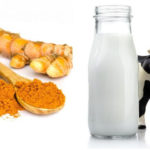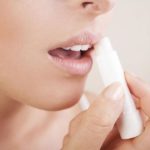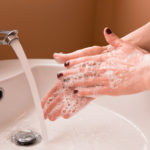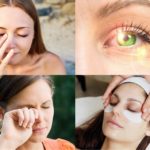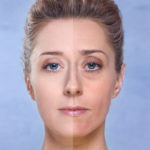1. Dry Skin
Dry, rough skin that feels uncomfortable to the touch is a sign of dehydration, and the natural protective barrier has been weakened by the use of cosmetics with strong detergents.
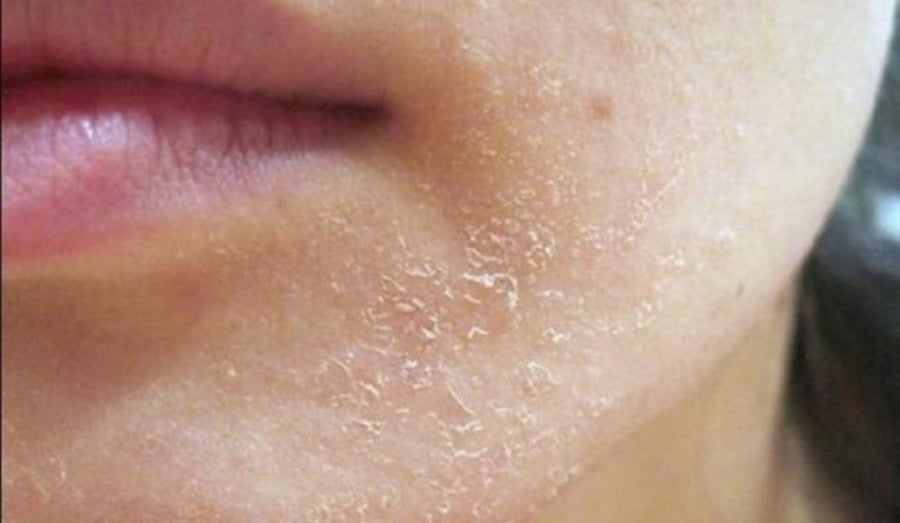
Dry, Rough Skin Indicates Dehydration
Additionally, the habit of washing your face with warm water can further dry out your skin as the natural protective oils are more easily washed away.
2. Rough, Dull Skin
According to dermatologists, when dead skin cells accumulate on the surface, some areas of the skin become rough, dull, and discolored. To address this, it’s essential to exfoliate at least once a week.
For those who don’t experience this issue, exfoliation can be less frequent as the skin naturally sheds dead skin cells over time.
Always apply a moisturizer or serum after exfoliating to improve the texture of your skin, making it smoother and brighter.
3. Skin Redness and Irritation
Using low-quality or unknown-origin cosmetics, especially those containing strong abrasive ingredients, can disrupt the outer protective layer of the skin. This leads to skin damage, irritation, redness, and acne breakouts.
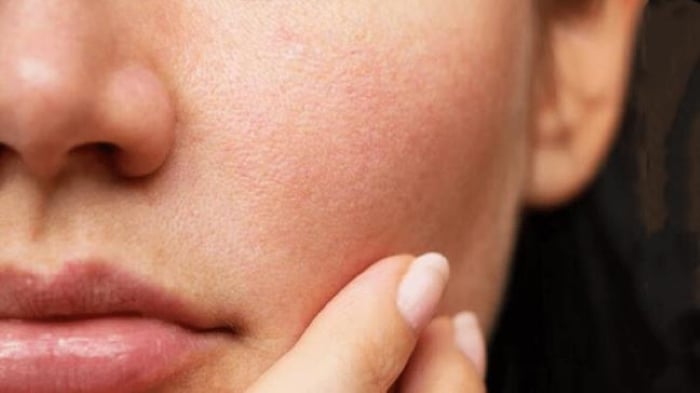
Skin Redness and Irritation: A Sign of Compromised Skin Barrier
When your skin becomes this sensitive, it’s best to discontinue the use of cosmetics. Simply cleanse your face gently with plain water and adopt a healthier lifestyle.
If your skin doesn’t improve significantly after discontinuing the use of cosmetics, it’s advisable to consult a dermatologist for further guidance.
4. Oily Skin
While oily skin can be attributed to genetics or the weather, improper skincare routines can also contribute to excess oil production. When the skin lacks moisture, it tries to compensate by producing more oil through its natural mechanism. Therefore, the correction should start with proper hydration.
Using a gel-based moisturizer or a serum containing Hyaluronic Acid is ideal for oily skin. Combine this with a reasonable lifestyle, adequate sleep, stress avoidance, and proper hydration, and your skin will soon regain its balanced state.

























